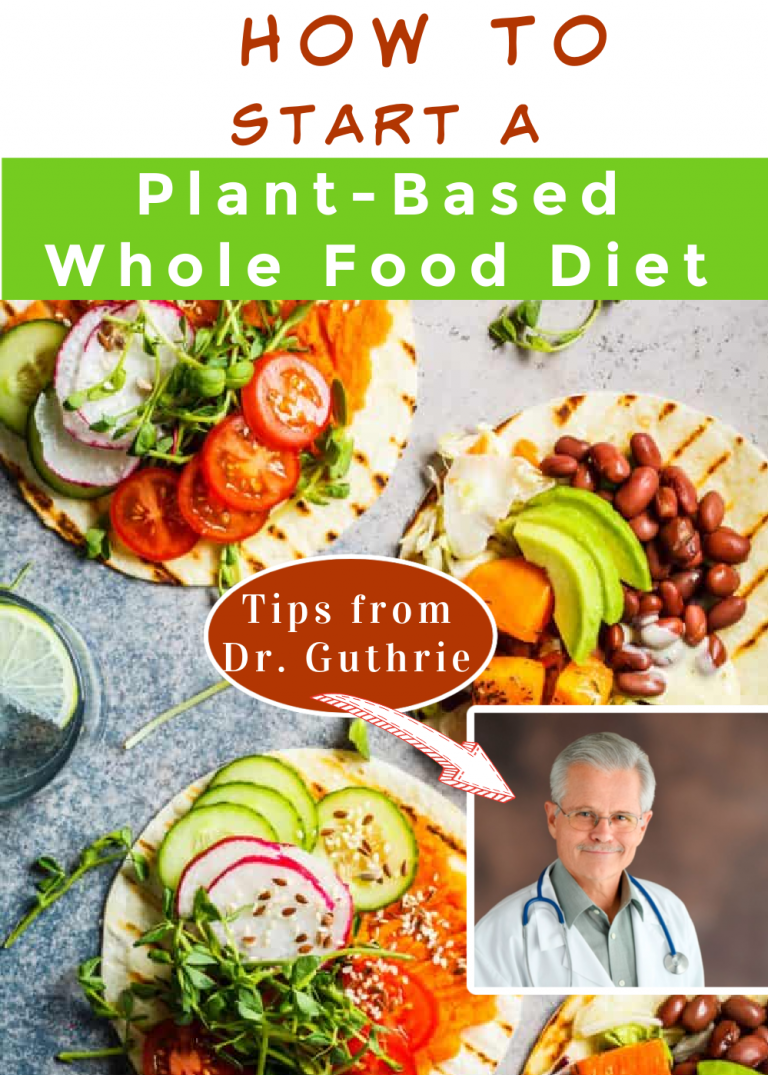Insulin Resistance Diet for Diabetes
In this article, Neal Barnard, MD, author, and president of the Physicians Committee for Responsible Medicine (PCRM), shares his expertise concerning the best insulin resistance diet for type 2 diabetes.
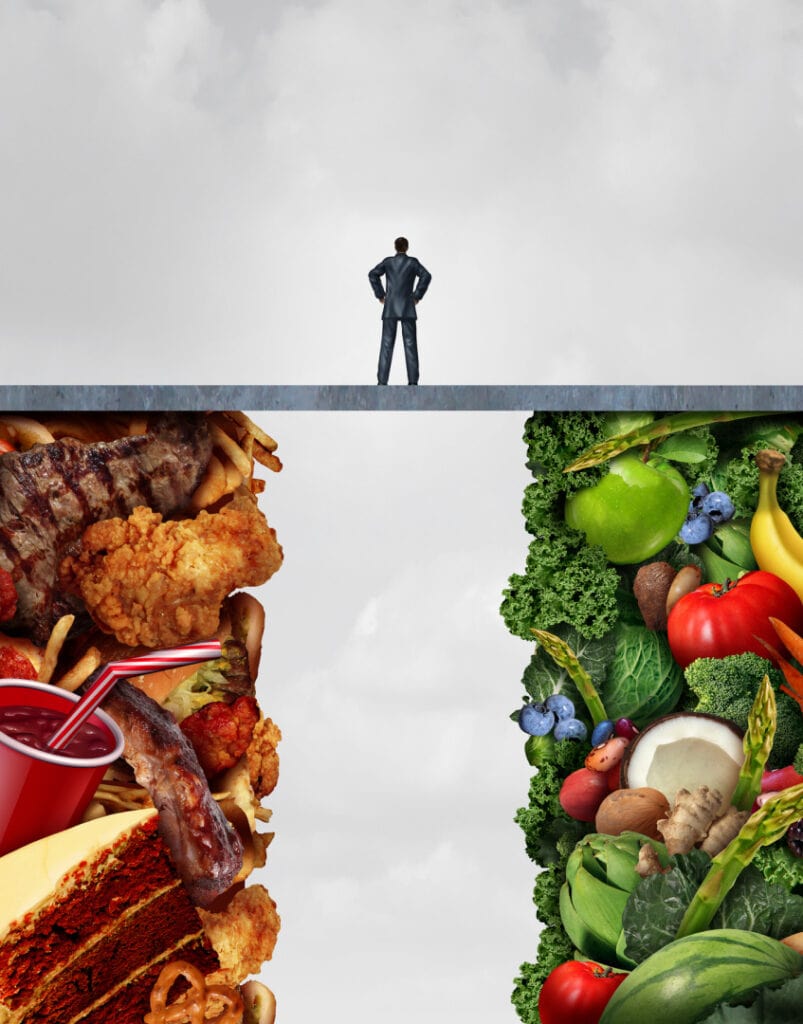
Diabetes risks
Diabetes increases the risk of damage to the heart and threatens the blood vessels in the eyes, kidneys, and extremities. People with diabetes lose about a decade of life, on average, compared to people without the disease. Most ultimately succumb to heart disease. It does not have to be that way. Our research has shown that diabetes can be turned around.
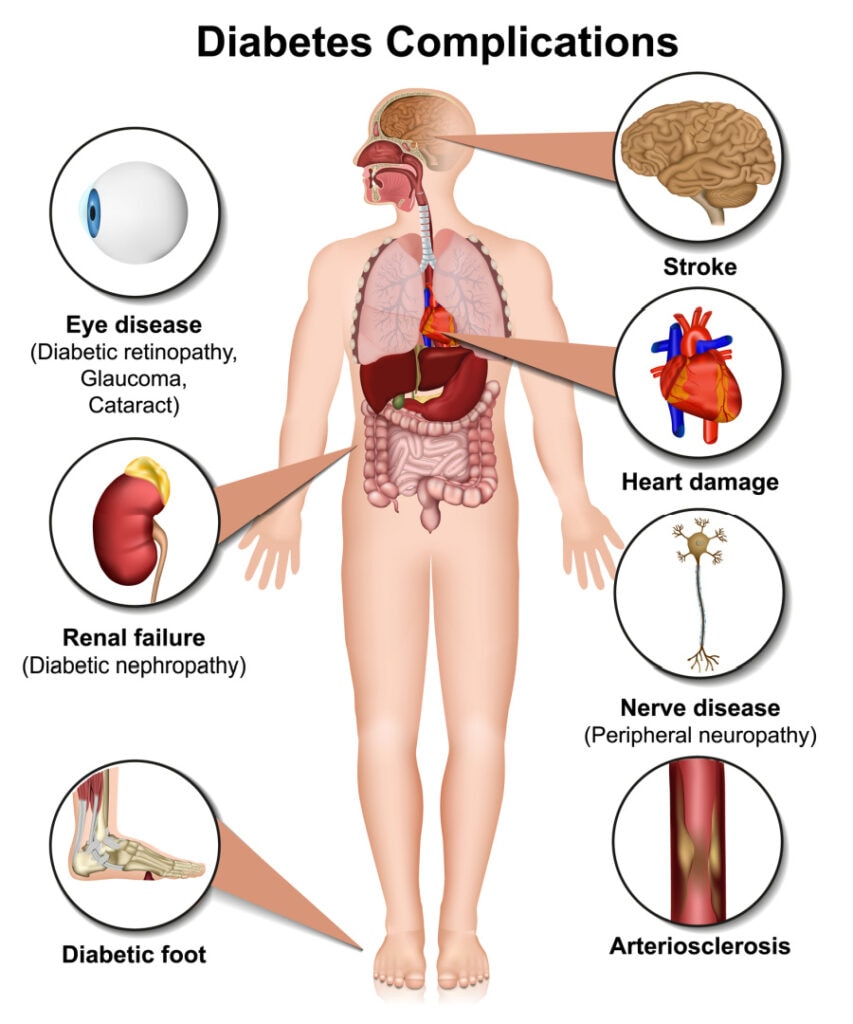
New treatment approach
When I was a child, my father specialized in diabetes treatment at the local clinic in Fargo, North Dakota. And, I never once heard him say that a patient was cured. He and his patients were fighting a war of attrition, surrendering ever so slowly.
When I was a hospital intern, I shared my father’s pessimism about diabetes. Patients needed endless monitoring and medications, and most seemed to wind up with serious complications–heart disease, vision loss, kidney failure, and intractable neuropathic pain in their feet.
However, in recent years, my research team has developed and tested a new approach to diabetes. Using a low-fat, entirely plant-based diet, many of our research participants improve dramatically. In some cases, you would never know they’d ever had the disease.
–Neal Barnard, MD, FACC, President, Physicians Committee
A plant-based diet is a powerful tool for preventing, managing, and even reversing type 2 diabetes. Not only is this the most delicious ‘prescription’ you can imagine, but it’s also easy to follow. Unlike other diets, there’s no calorie counting, no skimpy portions, and no carb counting. Plus, all the ‘side effects’ are good ones. ”
We have presented our findings at many medical conferences and have published them in peer-reviewed journals.1–5 You find can the details in Dr. Neal Barnard’s Program for Reversing Diabetes. In the meantime, let me give you the short version.
Diabetes is a condition in which there is too much sugar in the blood. This sugar–glucose–is the main fuel for the body. The problem with diabetes is that glucose cannot get into the cells of the body where it belongs. Instead, it circulates in the blood at abnormally high levels, causing all sorts of problems.
Insulin resistance
In the most common form of diabetes–type 2 diabetes–the problem appears to start with the buildup of tiny fat particles inside the muscle cells–the intramyocellular lipid that interferes with insulin’s efforts to bring glucose into the cells. A similar fat buildup occurs in the liver.
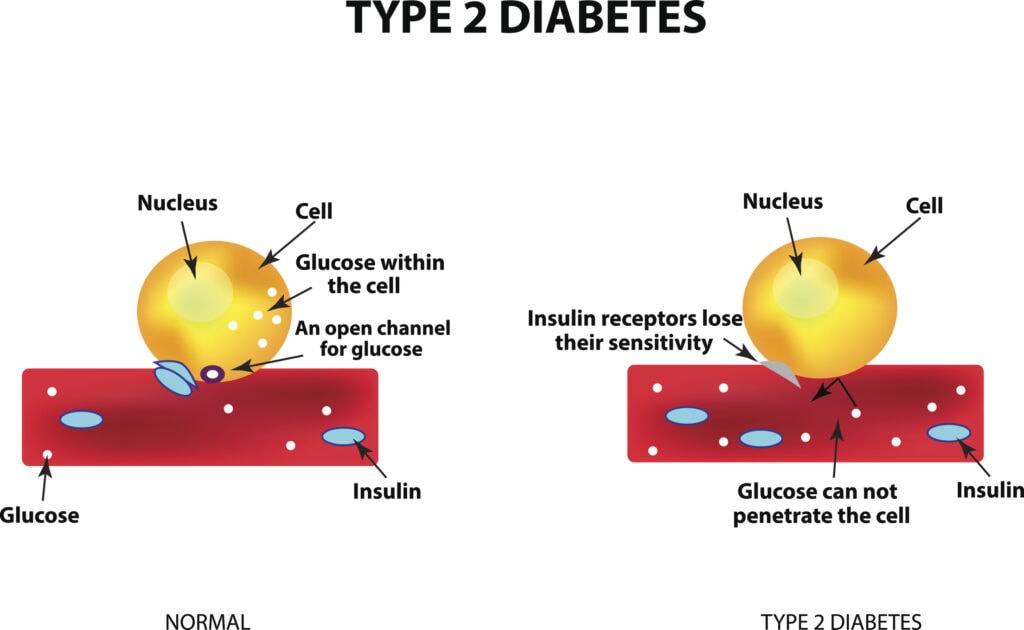
Changing the way we eat
The three keys to choosing foods for diabetes are as follows.
- Avoiding animal products
- Minimizing fats and oils
- Avoiding high-glycemic-index foods
When people with type 2 diabetes improve their diets, their condition often improves dramatically, presumably because their cells are cleaning out some of that fat so insulin can work again.
This approach has gotten a great deal of attention in recent years, and many people have gotten in touch with our research team to let us know how it has worked for them.
While more typical “diabetes diets” tend to produce weaker results, the combination of a vegan diet, minimizing fats, and going low glycemic index can be very powerful.
Improving insulin sensitivity
In our clinical research studies here at the Physicians Committee for Responsible Medicine, we’ve put a plant-based diet to the test with thousands of patients who have type 2 diabetes.
In a 2003 study funded by the NIH, we determined that a plant-based diet controlled blood sugar three times more effectively than a traditional diabetes diet that limited calories and carbohydrates. Within weeks on a plant-based diet, participants saw dramatic health improvements. They lost weight, insulin sensitivity improved, and HbA1c levels dropped. In some cases, you would never know they’d had the disease to begin with.
Studies show that eating a diet high in fatty foods can cause fat particles to build up inside our cells. These fat particles interfere with insulin’s ability to move sugar out from our bloodstream and into our cells. Instead of powering our cells, the glucose remains in our bloodstream, eventually leading to diabetes. A plant-based diet is low in fat, which allows insulin to function properly.
This article is an excerpt from the 21-Day Weight Loss KickStart, by Dr. Neal Barnard, MD, Grand Central Publishing Company, New York.
What is a whole food plant-based diet?
The term whole in WFPB (whole-food plant-based) describes foods that are minimally processed. This includes whole grains, fruits, vegetables, and legumes.
This also means avoiding heavily processed foods that contain added sugars or artificial sweeteners. Also to be avoided are highly refined grains such as white bread that have been stripped of most nutritional value.
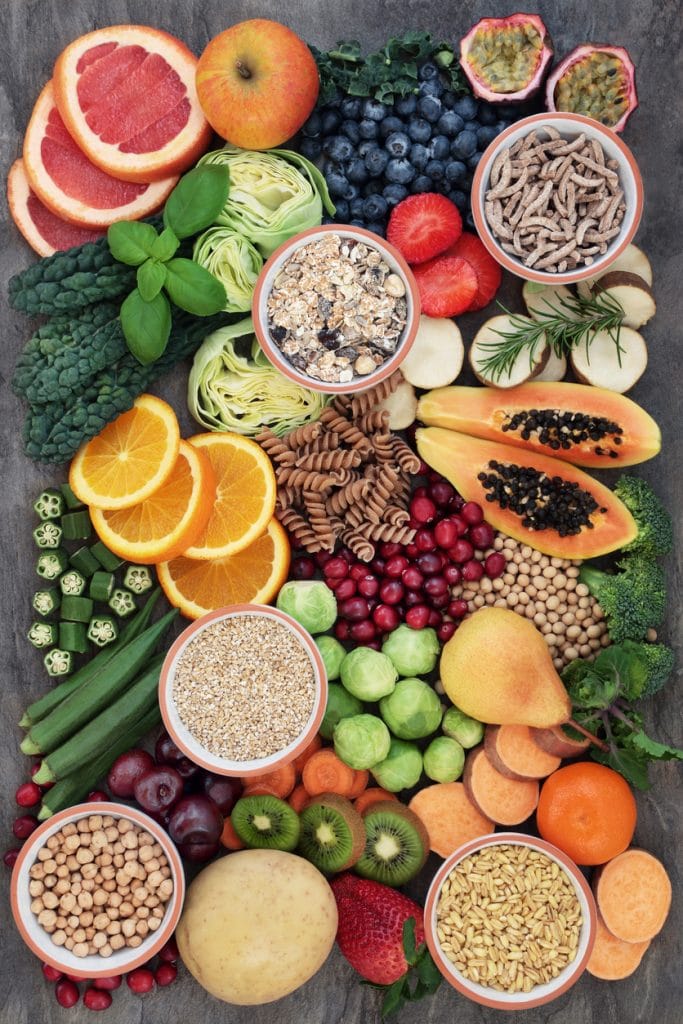
Stories of people reversing diabetes
These are true stories from people who have reversed their type 2 diabetes with a plant-based diet. Their powerful stories are written in their own words.
Helpful diabetes resources
- Free Online Classes- Fight Diabetes with Food, from the Physicians Committee for Responsible Medicine
- Video- Foods that Help Diabetes Naturally is available on YouTube.
- FactSheet- Diet and Diabetes: Recipes for Success
About the author

Neal Barnard, M.D. is a physician, clinical researcher, author, a fellow of the American College of Cardiology, and an adjunct associate professor of medicine at the George Washington University School of Medicine and Health Sciences.
As president of the Physicians Committee for Responsible Medicine (PCRM), Dr. Barnard leads programs advocating for preventive medicine, good nutrition, and higher ethical standards in research. His research contributed to the acceptance of plant-based diets in the Dietary Guidelines for Americans. In 2015, he was named a Fellow of the American College of Cardiology. In 2016, he founded the Barnard Medical Center in Washington, D.C., as a model for making nutrition a routine part of all medical care.
Working with the Medical Society of the District of Columbia and the American Medical Association, Dr. Barnard has authored key resolutions, now part of AMA policy, calling for a new focus on prevention and nutrition in federal policies and in medical practice. In 2018, he received the Medical Society of the District of Columbia’s Distinguished Service Award. He has hosted four PBS television programs on nutrition and health.
Dr. Barnard works with patients with diabetes, obesity, and other chronic conditions in clinical research studies, aiming to improve the prevention and treatment of these health problems.
Other articles by Dr. Neal Barnard, MD
Citations
- Barnard ND, Cohen J. Jenkins DJ, Turner-McGrievy G, Gloede L, Jaster B, Seidl K, Green AA, Talpers S. A low-fat, vegan diet improves glycemic control and cardiovascular risk factors in a randomized clinical trial in individuals with type 2 diabetes. Diabetes Care 2006;29:1777-83.
- Turner-McGrievy GM, Barnard ND, CohenJ, Jenkins DJA, Gloede L, Green AA. Changes in nutrient intake and dietary quality among participants with type 2 diabetes following a low-fat vegan diet or a conventional diabetes diet for 22 weeks. J Am Diet Assoc 2008;108:1636-45.
- Barnard ND, Noble EP, Ritchie T, Cohen J, Jenkins DJA, Turner-McGievy G, Gloede L, Ferdowsian H. D2 Dopamine receptor Taq1A polymorphism, body weight, and dietary intake in type 2 diabetes. Nutrition 2009;25:58-65.
- Barnard ND, Gloede L, Cohen J, Jenkins DJA, Turner-McGievy G, Green AA, Ferdowsian H. A low-fat vegan diet elicits greater macronutrient changes, but is comparable in adherence and acceptability, compared with a more conventional diabetes diet among individuals with type 2 diabetes. J Am Diet Assoc 2009;109:263-72.
- Barnard ND, Cohen J, Jenkins DJ, Turner-McGievy G, Gloede L, Green A, Ferdowsian H. A low-fat vegan diet and a conventional diabetes diet in the treatment of type 2 diabetes: a randomized, controlled, 74-week clinical trial. Am J Clin Nutr 2009;89:Suppl:15888-96S.




